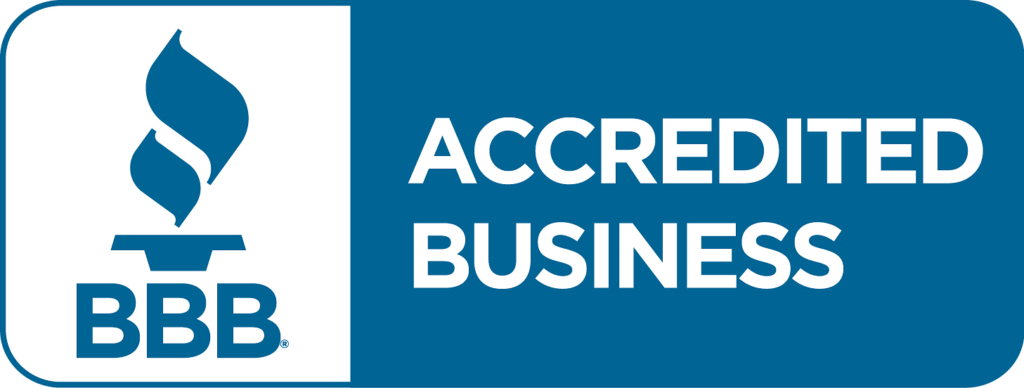The reason you should file a patent application lies in understanding the patent law and its impact on your business. At the Affordable Patent Agency, we know the legal and business aspects of making the best decision for your business. The answer to why getting a cheap patent is more than making profits from your patent, which is a significant motive for filing patents for start-ups and small businesses, is that filing a patent immediately gets you “patent pending” status. Below, we provide reasons to consider filing a patent.
Looking for Patent Search Services in Dallas? Call Affordable Patent Agency, LLC
Table of Contents
ToggleWhy File a Patent Application
1. All Patent-related Costs are Tax-Deductible.
While you protect your intellectual property, you also save money on taxes. The advantage of this cost-saving can be significant. Still, it may vary for each inventor or company in the amount of profit and other benefits due to this tax break. Contact your tax attorney or accountant to assist you further. If you do not have a tax attorney or tax accountant, we can connect you to one.
2. The First-to-File Law Grants Patent Rights to the First Applicant.
According to the American Inventor’s Act of 2011, applications filed on or after March 16, 2013, must follow this law. But applications submitted before this date must follow the first-to-invent law. Thus, if someone else filed a patent for your invention before you, you cannot make, use, sell, or import your invention. So, this law creates a race for the USPTO and filing a patent as soon as you are ready to do best practice.
3. Being an Inventor Doesn’t Grant Exclusive Rights; Filing a Patent Does.

Mere inventor status doesn’t confer exclusive rights; filing a patent is essential for legal protection. If you do not have a patent, someone can legally copy and sell your invention for a profit. Thus, filing a patent application as soon as you can convert your idea into an invention is advisable. Hiring a patent practitioner is prudent so that the application is appropriate, adequate, and correct.
4. Patents are Assets with Increasing Value.
Treat intellectual property, including patents, as valuable assets that can appreciate over time. Effective business implementation enhances the value of patents, making them strategic assets for long-term success. Understand the potential growth in patent value and manage your intellectual property portfolio as a critical component of your overall business strategy.
5. Patents Allow Risky Technology Development.
Patent rights enable individuals and companies to invest heavily in developing patentable technologies. Because of a limited-time monopoly, companies get time to recoup their investments and make a profit. Thus, patents incentivize them to take substantially significant risks. These profits can be huge, depending on the success of the invention. Filing patents for these products provide substantial protection for their investments.
6. Build a Brand Name Through Patents.
A strong patent portfolio enhances your company’s image as an innovator and creator of new technology. This perception helps build a positive image and raise funds. Customers recognize patented inventions as unique and only available through the company. Filing patents can help companies and innovators build consumer trust and a positive image for creating a reliable brand name.
7. No Prototype Is Needed Before Filing for a Patent.
Contrary to common belief, a prototype is not a prerequisite for filing a patent. You can file when you have sufficient product development information, giving the appearance of a tangible product. This flexibility allows inventors to secure patent protection early in the development process, providing a crucial advantage in the competitive landscape without waiting for a physical prototype.
Please check our affordable patent services to file an affordable patent application.
Frequently Asked Questions
1. How Do I Determine if My Invention is Eligible for a Patent?
2. What is the Difference Between a Provisional and a Non-Provisional Patent Application?
A provisional patent application provides temporary protection and allows the use of “patent pending.” A non-provisional application is a full patent application that provides stronger and longer-lasting protection after it is granted.
3. How Long Does it Take to Obtain a Patent?
Securing a patent can be a time-consuming process that may span multiple years. It entails a lot of paperwork, legal formalities, and other requirements. The time frame is influenced by various factors, including the patent type, the patent office backlog, and any potential challenges or rejections that may arise during the examination process.
4. Can I Disclose My Invention Publicly Before Filing a Patent Application?
Disclosing your invention publicly before filing a patent application can harm your chances of obtaining a patent. In several jurisdictions, public disclosure can put the novelty of your invention at risk. If disclosure is unavoidable, it is advisable to file a patent application first or seek advice from a patent professional.
5. What Rights Does a Patent Grant, and How Long Do They Last?
Affordable Patent Agency Can Help You with Your Patent Application

Ensure nothing similar to patented or not patented products exists, which could block the availability of protection by making modifications. For a guide to prior art searches, please read our article.
Contact us if you want to file provisional or non-provisional affordable patent applications. We can assist you in preparing an intellectual property patent strategic portfolio within a reasonable budget. Please contact the Affordable Patent Agency for an initial free consultation.
Affordable Patent Agency, LLC
4131 N. Central Expressway Suite 900, Dallas, TX 75204
(855) 444-1946




